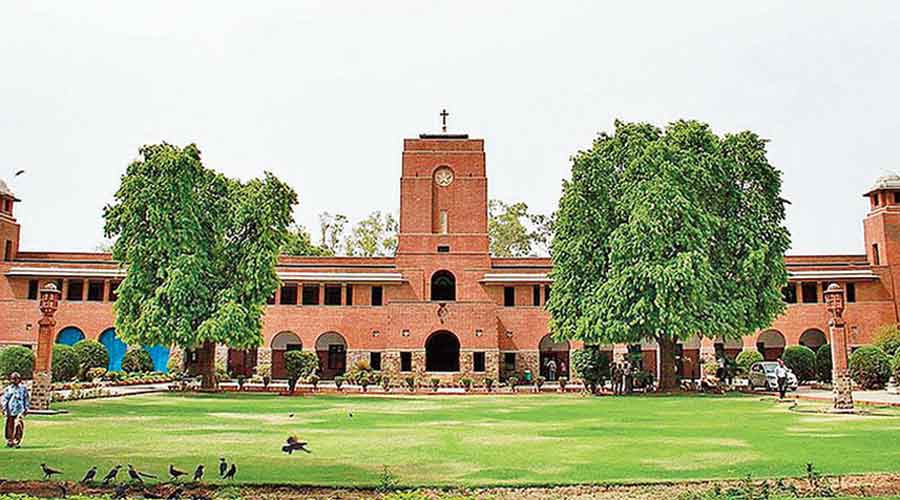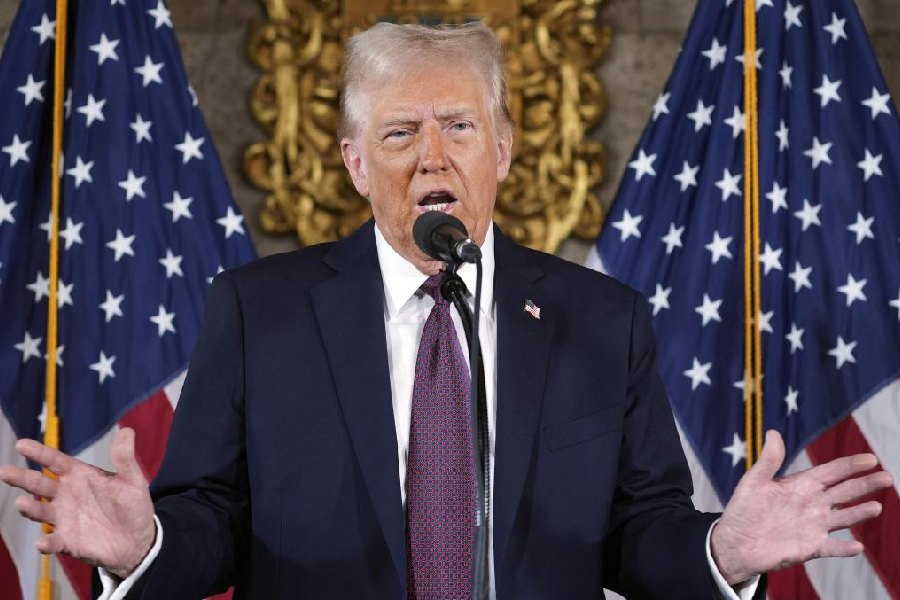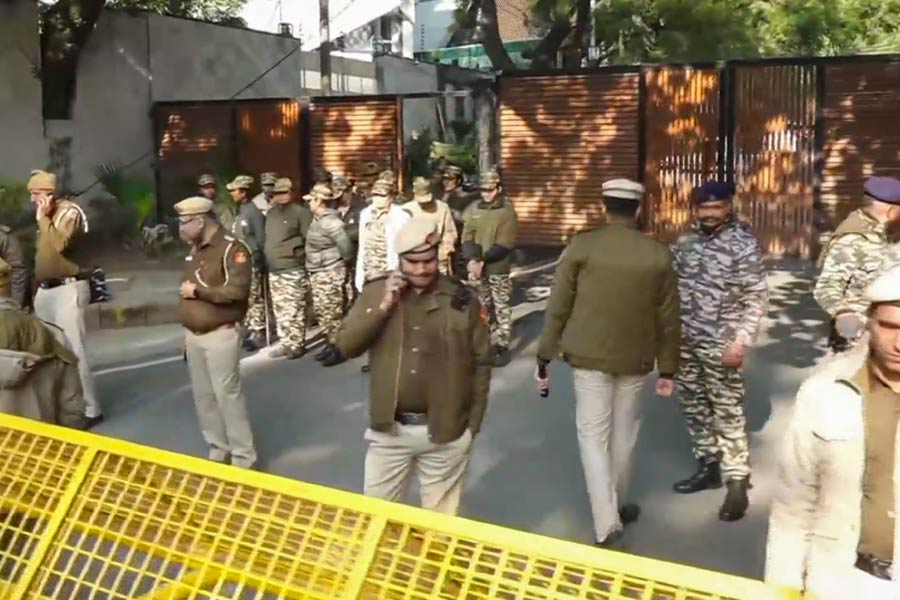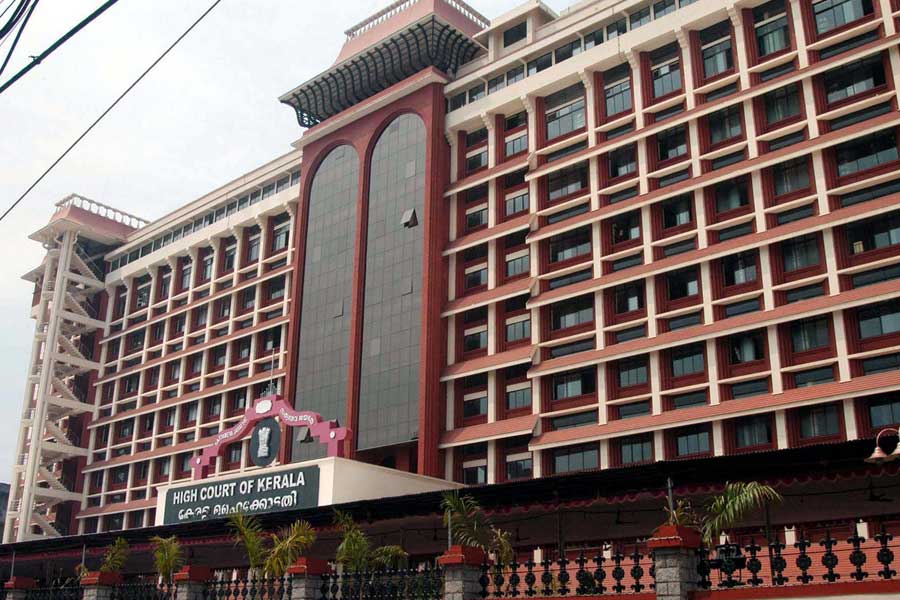The Delhi University (DU) authorities on Monday claimed success in holding online classes and examinations but faculty members raised concerns about quality and the exclusion of deprived sections.
Acting vice-chancellor P.C. Joshi, who is a candidate for the post of regular vice-chancellor, also shared several initiatives including the effort to collaborate with remote colleges and university departments in academic and research areas.
Joshi presented a 12-month report card of his tenure since he took over as pro-VC and later became in-charge VC after regular VC Prof. Yogesh Tyagi was suspended over charges of non-performance. A search committee is currently in the process of selecting a regular VC.
According to the document, online open book exam (OBE) was introduced last year for the final-year undergraduate (UG) and postgraduate (PG) students. The students received questions through email and were asked to upload the written answer sheets. The OBE continued this year as well.
“The new examination system threw challenges now and then during its implementation, but the University learnt the way to tackle each of them and improve the system in the process. Students were able to write their examinations within the comforts of their home/space and teachers were able to evaluate through electronic means. Hundred per cent online teaching, learning, examination and assessment were conducted,” the report card said.
According to the document, attendance of students in the ongoing OBE is 95 per cent. Last year 90 per cent students had appeared for the online exam and those who missed were given the opportunity to take the test offline.
The report card said DU has provided e-learning resources to students.
The varsity’s assertion came at a time when the University Grants Commission (UGC) under the instruction of the central government wants to make online education the mainstream mode of education delivery. The higher education regulator has allowed universities to offer up to 40 per cent of any course online.
DU Teachers Association (DUTA) president Rajib Ray said the online mode of education was followed out of compulsion and it cannot replace the offline mode.
“There is big quality concern in online education. In the OBE, there was no proctoring or scrutiny. It gave enormous scope for malpractice. The students gave the online exam because they did not want to wait for a longer time to sit for the offline exam,” Ray said.
He said the quality of education in online classes is also a concern because of poor Internet connectivity at the end of students and teachers.
Former DU Executive Council member Rajesh Jha said the claims made by the varsity were purely a public relations (PR) activity sans any substantive basis.
“The reforms claimed by the administration were opposed by the teachers as well as the students. The students from deprived sections are not able to take classes because of lack of access. Online education is a tool for exclusion,” Jha said.
Both Ray and Jha questioned the DU’s performance in helping the university community tackle the Covid crisis.
Ray said the staff faced unimaginable suffering during the pandemic and demanded a Covid hospital on the campus ahead of a possible third wave. Jha said the university administration did a great disappearing act during the crisis period.










